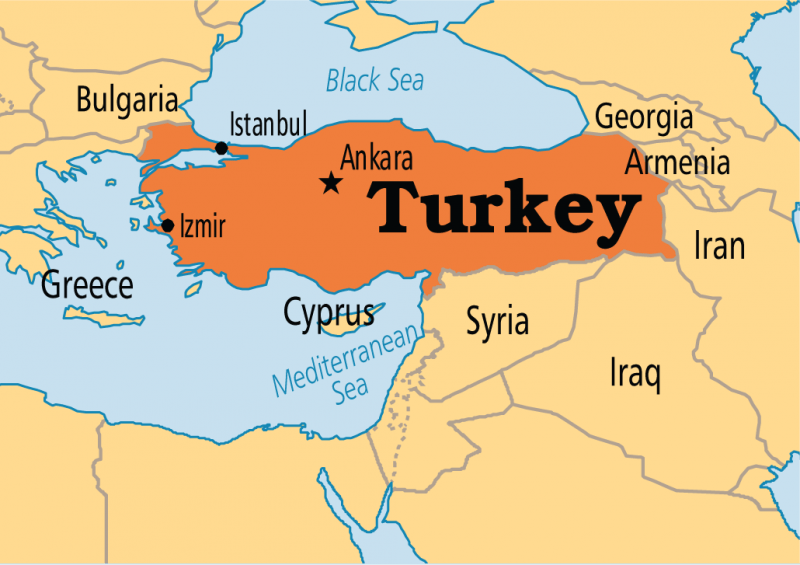Journalists in Turkey are fearing further restrictions on their work, as the government tightened the rules on issuing accreditation.
The new regulations would further promote arbitrariness, Erol Oenderoglu from Reporters Without Borders told dpa on Wednesday.
Revised rules for granting press accreditation were published in Turkey’s Official Gazette earlier, with the government vowing to take action against “propaganda for terrorism and violence.’’
According to the new regulations, journalists are barred from doing anything that casts a shadow on the reputation of the profession and damages its honour.
In addition, no content should be published that would make the fight against any kind of crime ineffective.
The new regulations are to be monitored by a commission, which could withdraw accreditations if necessary.
“In my opinion, the new rules are easily applicable to any kind of critical reporting,’’ said Sueleyman Irvan, professor for new media and journalism at Istanbul’s Ueskuedar University.
The Disk Basin-Is union criticised the provision as proof that all journalists critical of the government were now unwanted.
In Turkey, press accreditations are granted by an authority subordinate to the president.
With the new rules, the government is reacting to a court ruling from April, in which the judges criticised the arbitrary power of the issuing agency and demanded a revision of the regulations.
The rules for accreditation had previously been changed in 2018, with the result that many journalists were unable to renew their press cards, Irvan said.
According to Oenderoglu, 1,238 accreditations have been annulled in Turkey over the past two years, and in 1,372 cases, an extension was denied.

 Entertainment6 days ago
Entertainment6 days ago
 Health5 days ago
Health5 days ago
 Crime5 days ago
Crime5 days ago
 Education7 days ago
Education7 days ago
 Health7 days ago
Health7 days ago
 Comments and Issues6 days ago
Comments and Issues6 days ago
 Football6 days ago
Football6 days ago
 Latest6 days ago
Latest6 days ago

